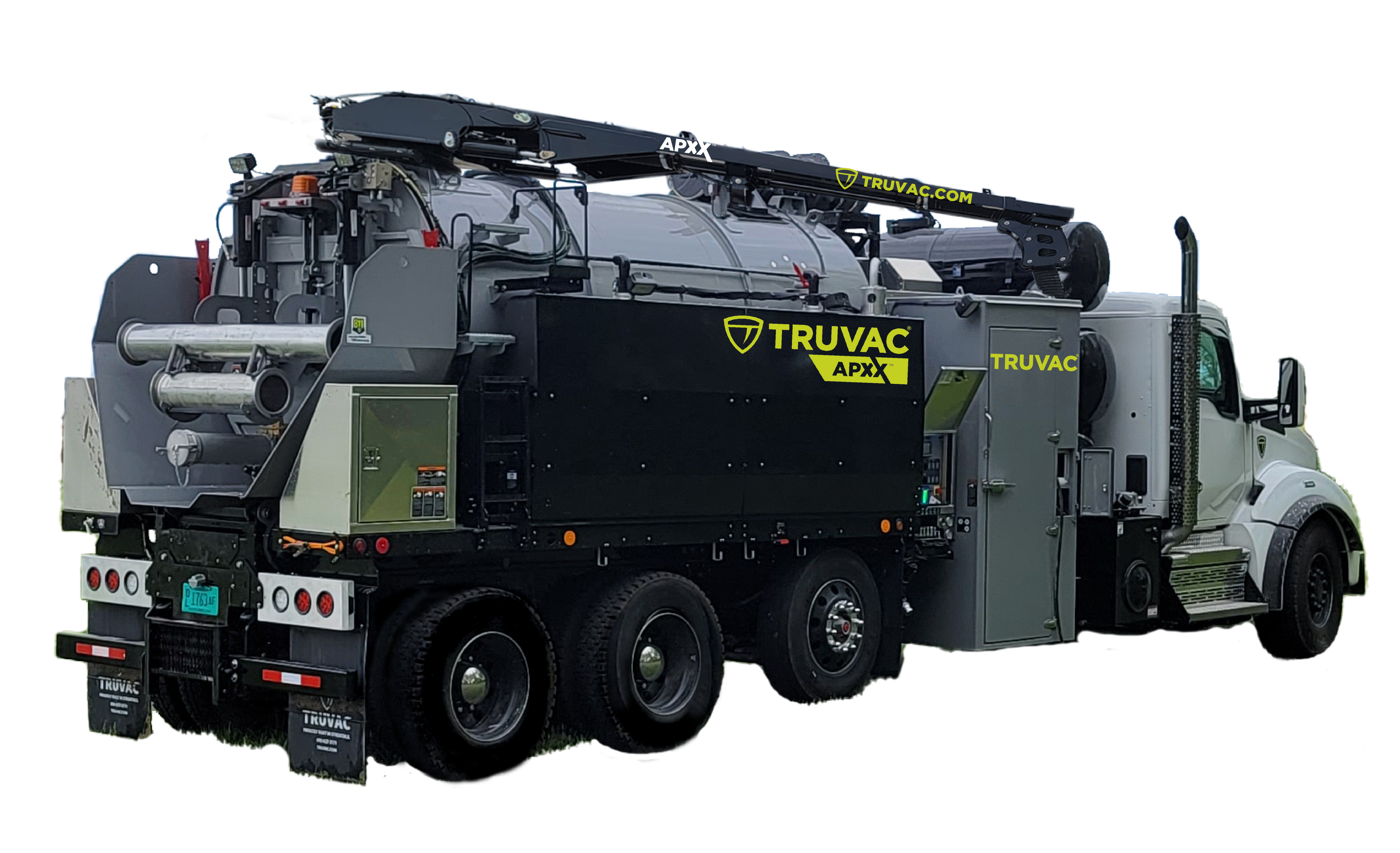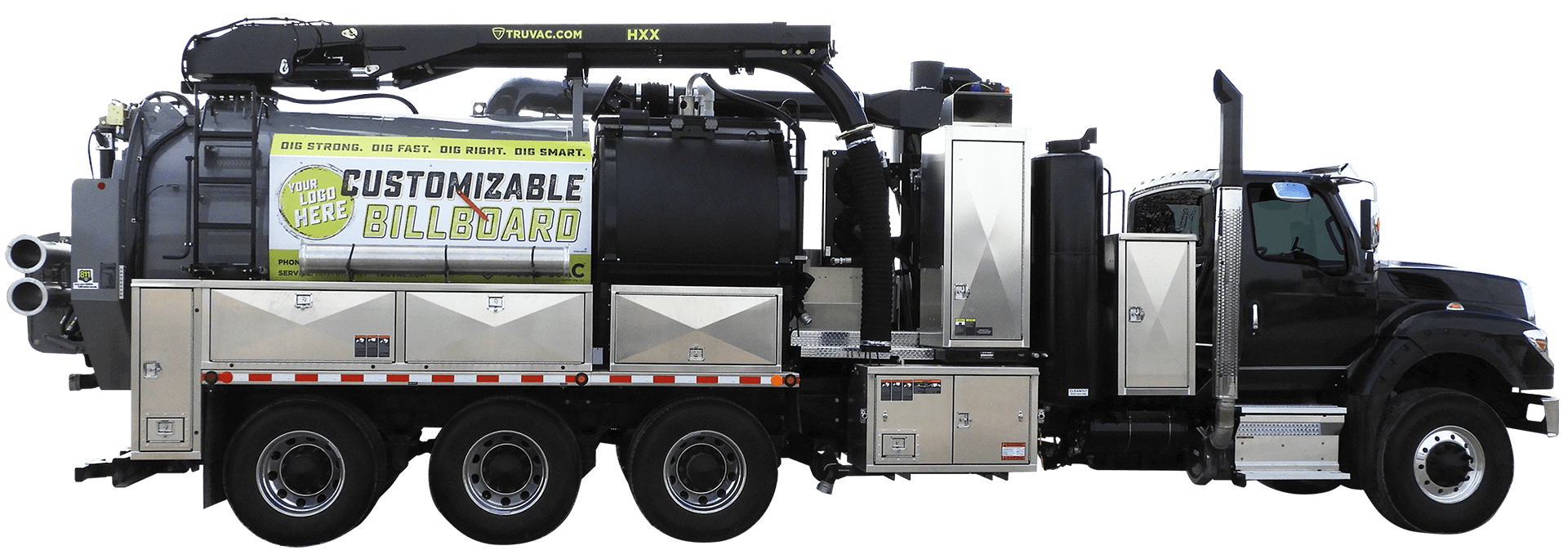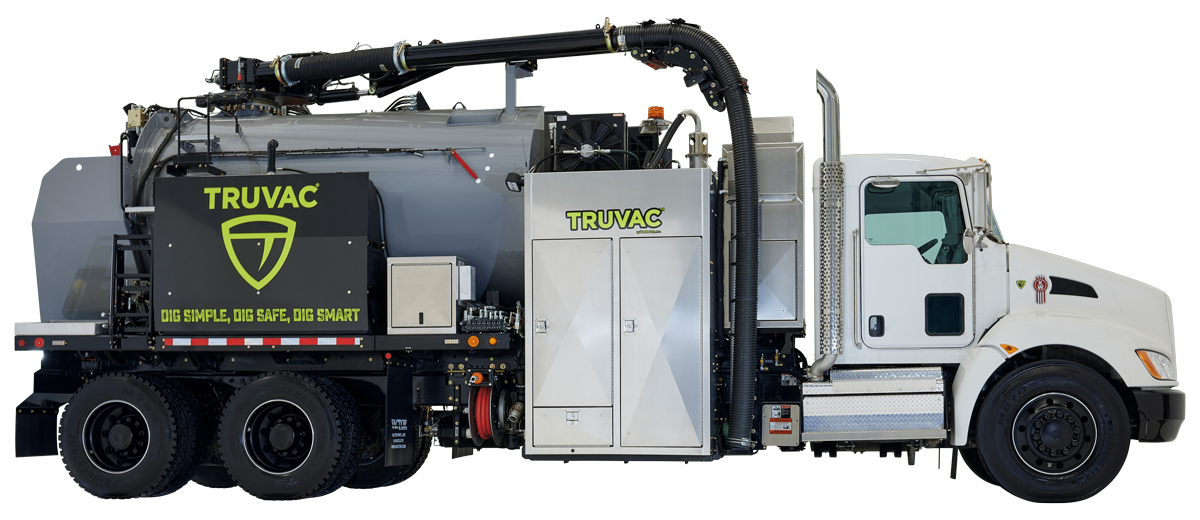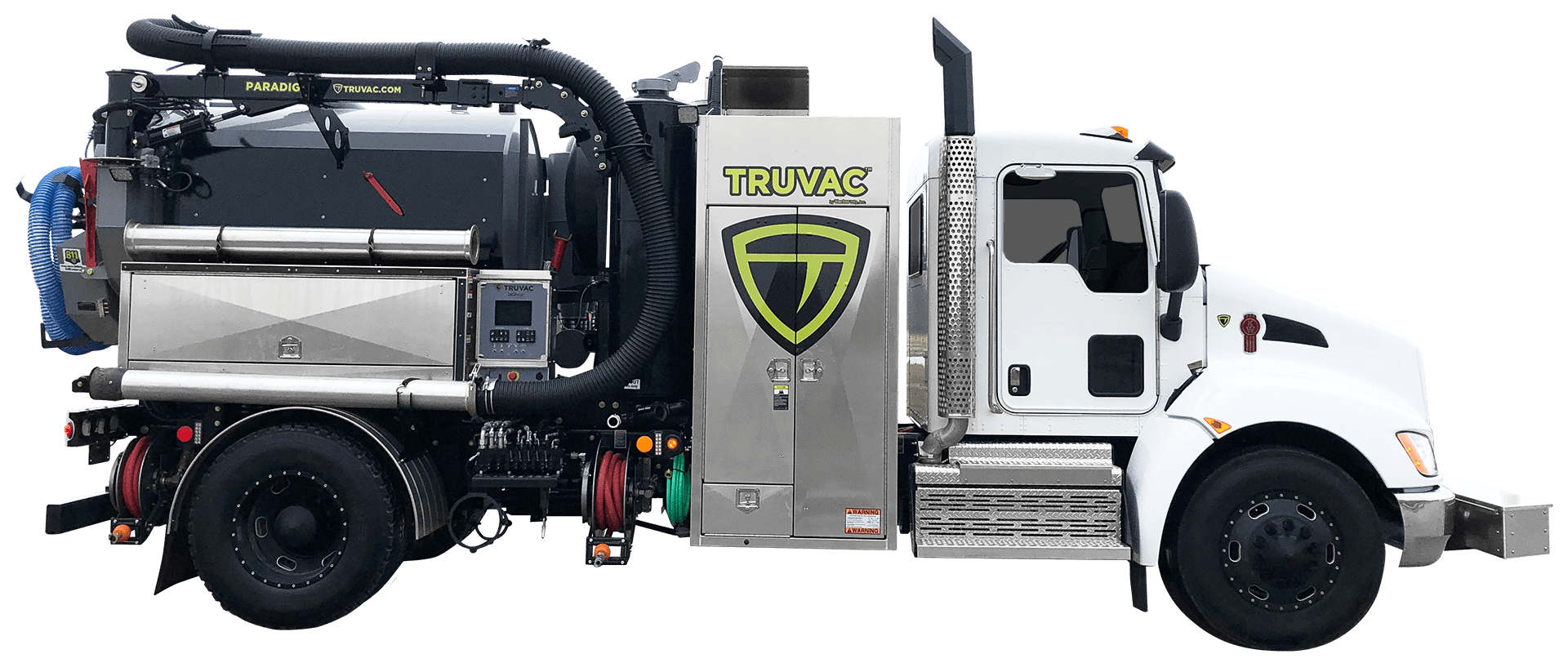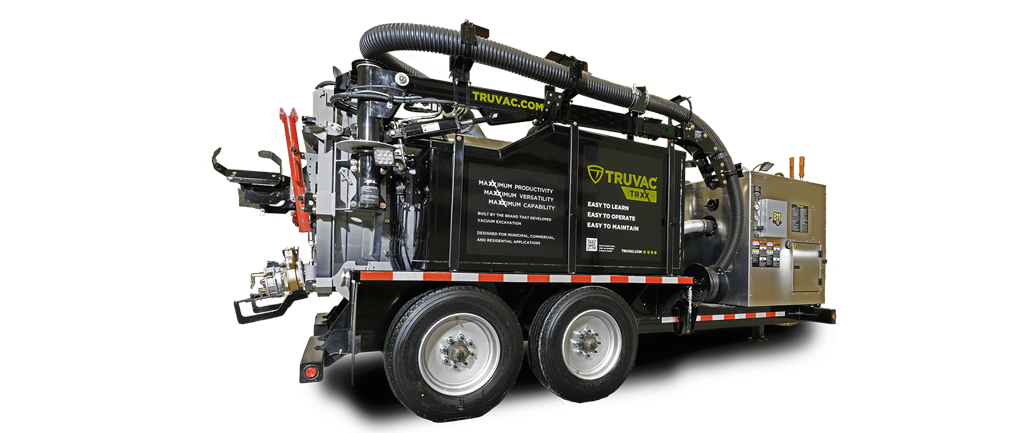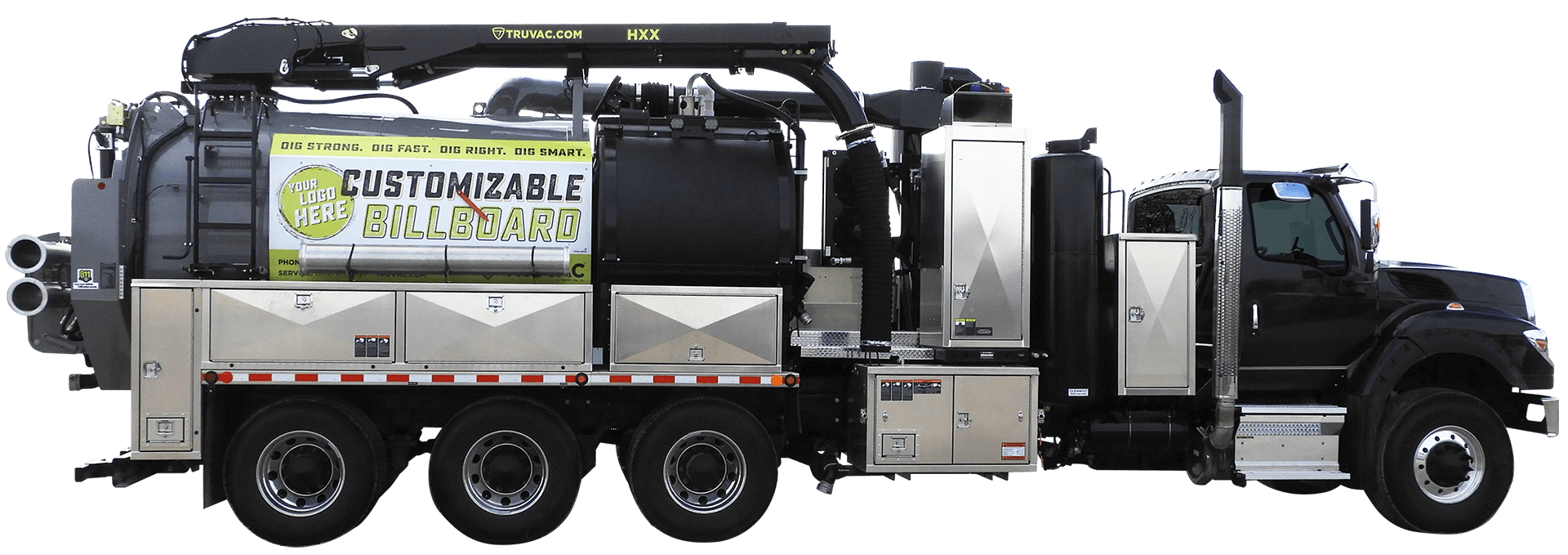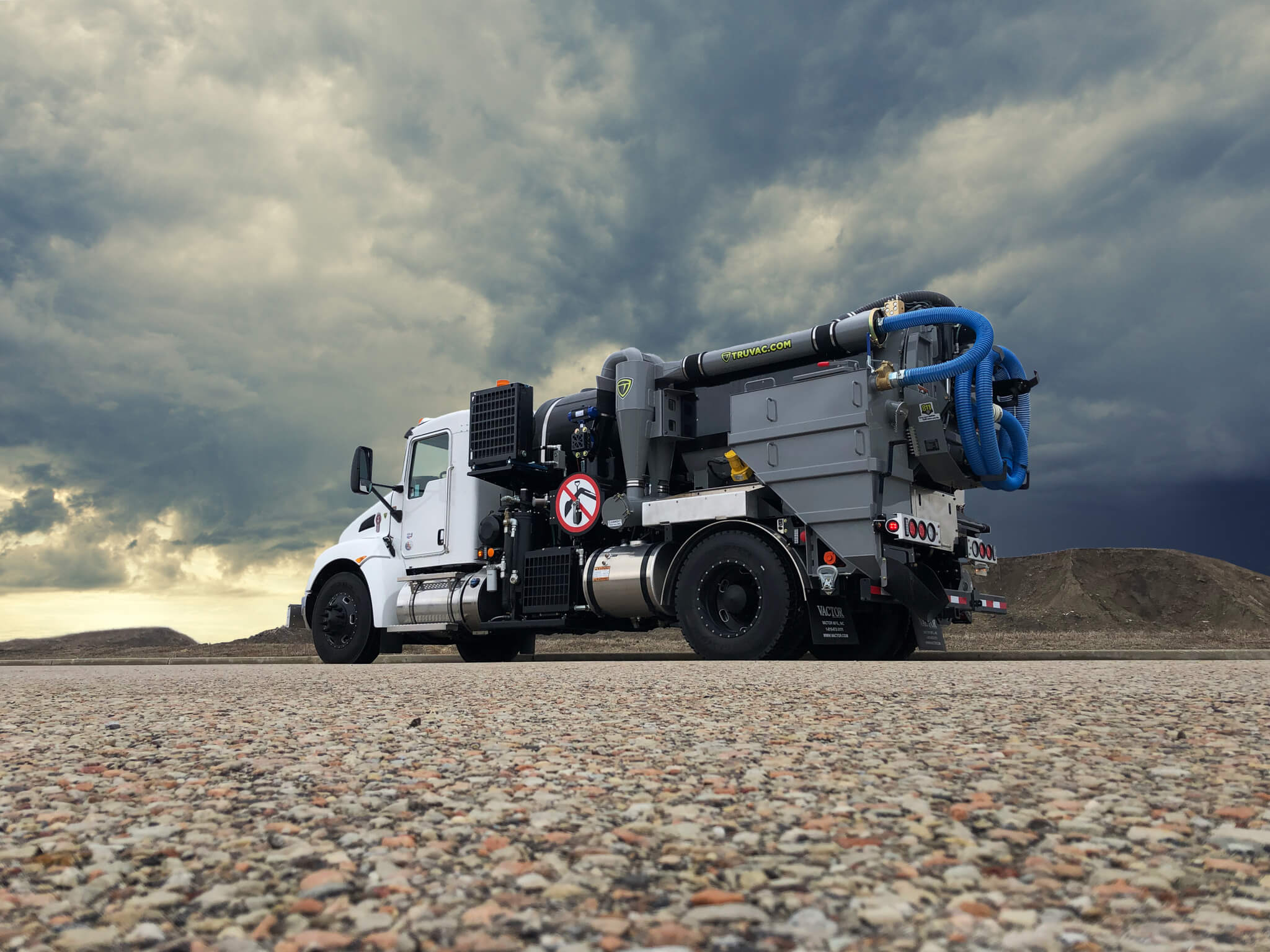Choosing the Right Hydrovac Truck: A Comprehensive Guide
by TRUVAC Team, on Jun 18, 2025 2:18:55 PM
There is a lot to consider when buying a hydro excavator truck. To choose the right hydrovac truck, you have to determine what your needs are and know what type of work you are going to be doing. It’s important to know the scope of your project, accessibility to dump sites, and environmental conditions. Knowing which features to focus on can also help in your search for the right hydro excavator. A machine’s performance, reliability, and cost-effectiveness should be factored into your decision making. This guide explores everything you need to know when determining which hydro excavation equipment is right for you.

Understanding Your Requirements
Environment
Your environment impacts the type of hydrovac truck that works best for you. The climate may impact if you need a water boiler to be able to dig year round in colder temperatures. Whether you are digging in rural or more populated areas may also determine how important it is for your truck to be able to maneuver in tight spaces. The terrain, what type of soil you are digging, also impacts what you need out of a vac truck. Knowing the environment of the majority of your work will help you figure out what aspects of a hydro truck are most important for your success.
Project Needs
Identifying the specific needs of your project can also help you successfully pick the right hydrovac truck. If you work on a variety of different project types, identifying the type of work you do the most will help you better identify what equipment would best suit your needs. Factors like the density of the material you are working with, the depth you are pulling from, and the distance from the truck all impact the type of air mover you would want on your hydro excavator truck. Fans are better for lighter material, and PD Blowers are a good fit for heavier material and deeper pulls. If you are frequently working on projects where you can dump on site, or if you need to drive to a dump site impacts the size of debris tank you might want, with a larger tank meaning you can dig more before dumping. Weight is also a factor in debris tank size, and features like axle configuration can impact whether or not a truck is under its legal weight limit. Other factors to consider are additional tool use, which impacts storage, and options such as electrical outlets so that you can power other tools on site.

Key Features to Consider
Performance
Once you’ve identified the type of work you will be doing, and how that impacts your equipment needs, it’s important to look at the performance of the hydro excavator. Water pressure is an important consideration. Again, performance is based on your needs. The highest water pressure isn’t always the best pressure for a project and there are different regulations for water pressure depending on where you are digging, particularly around gas and utility lines. You also need to consider the trucks suction capabilities, often measured in inches of mercury. Beyond suction power, the air flow and filtration of a hydro excavation truck is important as it impacts wear on the truck. Generally speaking, a strong filtration keeps debris out of the air mover. Safety is also an important factor in performance. It’s important to consider how safety is built into a truck. TRUVAC hydro excavators have non-destructive e-stops, which means you can use them without fear of damaging the truck.
Durabililty and Reliability
A well performing truck also needs to be durable and reliable. Hydro excavators work in rugged environments and the equipment needs to be tough enough to last and perform consistently. This means placing value in finding a reputable manufacturer with a proven track record. High quality materials and construction also lead to a durable machine. Even with a trustworthy manufacturer and high quality parts, reliable equipment needs a strong maintenance and support structure. TRUVAC has a strong nationwide dealer network that ensures you get the support you need to keep your truck on the job.
Cost-Effectiveness and Return on Investment
Cost is another factor to consider when purchasing hydroexcavation equipment. It’s not just the price tag of the initial purchase, but operational costs, potential productivity, and life expectancy of the equipment. The costs of maintenance, replacement parts, and fuel all factor into determining the cost effectiveness of your unit. However, it’s not just how much money you have to spend on your hydro excavator, it’s also the money you make with it that you have to factor into costs. The return on investment - the money you make beyond what you’ve spent-also factors into understanding the cost of equipment. For example, a truck with a larger debris body may cost more, but it can also allow you to stay onsite longer before the truck is full. This increased productivity could lead to increased revenue, and a stronger return on investment, depending on your project.
Choosing the right hydrovac truck can be a daunting task, but knowing your project environment and needs makes it easier. Evaluating the performance of the machine’s air and water systems, the durability and reliability of the truck, and the cost effectiveness and potential productivity of the hydro excavator can lead you to the right equipment.

